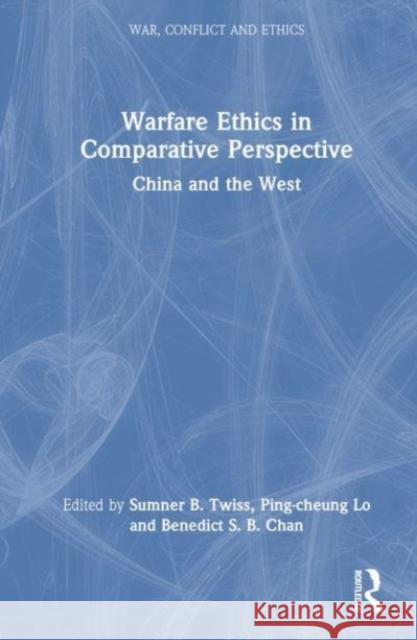Warfare Ethics in Comparative Perspective » książka
topmenu
Warfare Ethics in Comparative Perspective
ISBN-13: 9781032373126 / Twarda / 2024 / 352 str.
Warfare Ethics in Comparative Perspective
ISBN-13: 9781032373126 / Twarda / 2024 / 352 str.
cena 759,15
(netto: 723,00 VAT: 5%)
Najniższa cena z 30 dni: 654,86
(netto: 723,00 VAT: 5%)
Najniższa cena z 30 dni: 654,86
Termin realizacji zamówienia:
ok. 16-18 dni roboczych.
ok. 16-18 dni roboczych.
Darmowa dostawa!
This volume explores East Asian intellectual traditions and their influence on contemporary discussions of the ethics of war and peace.











